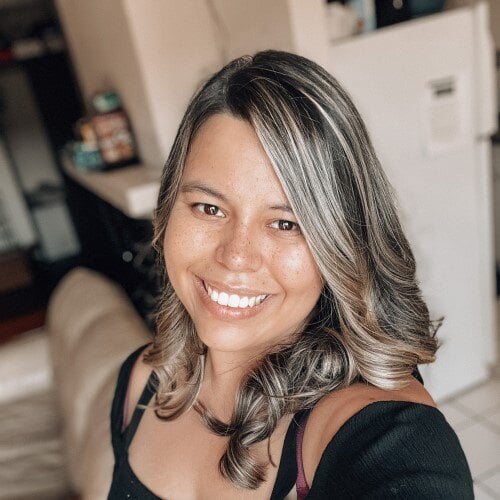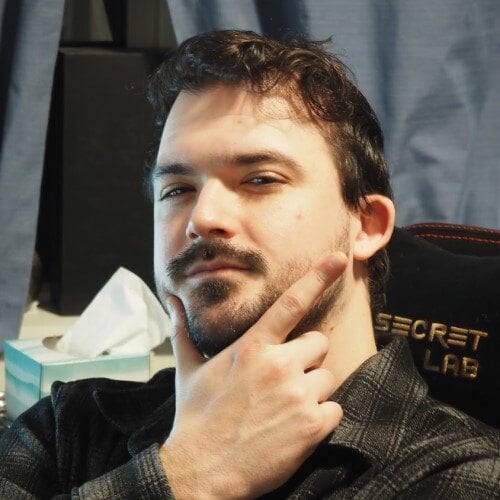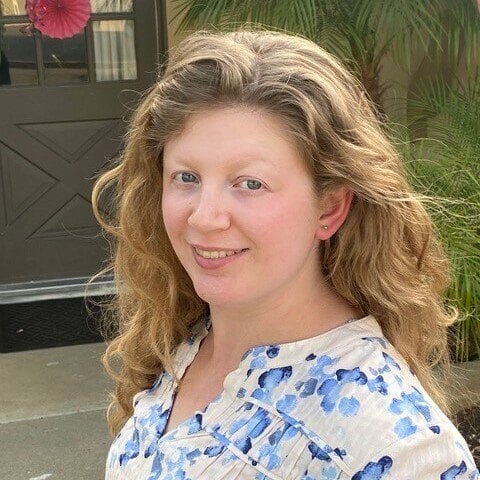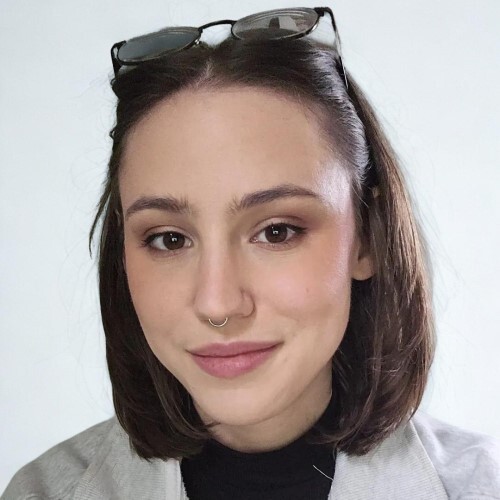COMIC BOOK WRITING COURSE




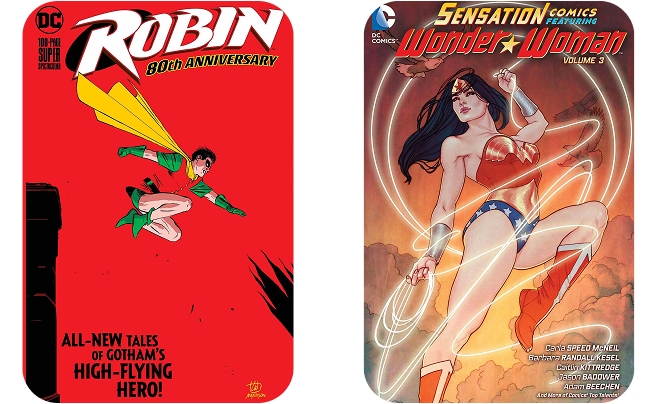






























- 15 APR - 28 MAY (7 WEEKS)
- MONDAYS & WEDNESDAYS
- 5:30 PM PT / 8:30 PM ET
15 APR 2026 - 28 MAY 2026
DURATION:
7 WEEKS
MONDAYS & WEDNESDAYS
5:30 PM PT / 8:30 PM ET
Write the comics you want to read. Learn how to build characters, break panels, and pitch with confidence — all in one course.
Adam Beechen, who wrote Batman Beyond, Justice League Unlimited, Robin, and Teen Titans, will help you turn your comic idea into a full-fledged pitch with scripts and characters that speak industry.
THIS COURSE IS FOR YOU, IF...
-
YOU ARE A BEGINNER COMIC BOOK WRITER
You’ve got ideas. Maybe even a character or two scribbled in a notebook. What you need now is a roadmap — and a shot. This course gives you both. Learn to script, pitch, and build the kind of portfolio that gets publishers to stop scrolling. Whether you’re aiming to create your own indie title or write for the big leagues, you'll walk away with real insight, practical tools, and a network that can open doors.
-
YOU ARE A CREATIVE WITH A PASSION FOR COMICS
Whether you’re an illustrator with a vision, a screenwriter with sharp dialogue, a storyboard artist chasing narrative depth, or a comic strip writer ready to go long-form — this course shows you how to create your own comic, pitch it, and build a body of work that speaks your language. Sharpen your craft, shape your brand, and finally bring that passion project to life — one panel at a time.
-
YOU A HOBBYIST ASPIRING TO WRITE YOUR OWN COMICS
Got a comic in your head and no clue where to start? This comic book writing course takes that passion-fueled idea and turns it into a script that’s actually publishable. You’ll learn all the key storytelling basics and industry tips to finally write the comic you’ve always wanted to see on the shelf — with guidance from someone who's done it for DC, Nickelodeon, and beyond.
Our students work in 1600+ companies worldwide
Plot, character, structure, tone. The basics — but better. In this course, you'll break them open, sharpen them up, and use them to build stories that work on the page and make sense for the artist drawing them. It’s the foundations that every great comic stands on.
From handling feedback to building the kind of network that gets you published, this course covers the real-world skills creators actually need. You'll learn to post, promote, and collaborate — making comics is half storytelling, half smart hustling.
Across five targeted assignments, you’ll shape your own original comic from logline to polished 20-page script — a story arc, characters, and world that’s fully yours. It’s your first submission-ready issue, portfolio gold, and the start of something real.
ADAM BEECHEN
LinkedIn Profile- Revived the Batman Beyond franchise with the NYT-bestselling Hush Beyond graphic novel for DC Comics.
- Wrote for fan-favorite titles including Justice League Unlimited, Robin, Teen Titans, and Zatanna.
- Created acclaimed original graphic novels Hench and Dugout.
- Earned an Emmy nomination for writing across iconic animated series, from Rugrats to Teen Titans to Transformers: Robots in Disguise.
- Worked with major studios including DC, Warner Bros., Nickelodeon, Cartoon Network, and Disney Television.
- Scripted beloved DC characters across over 15 titles, including Batgirl, Wonder Woman, The Brave and the Bold, and Robin’s 80th Anniversary issue.
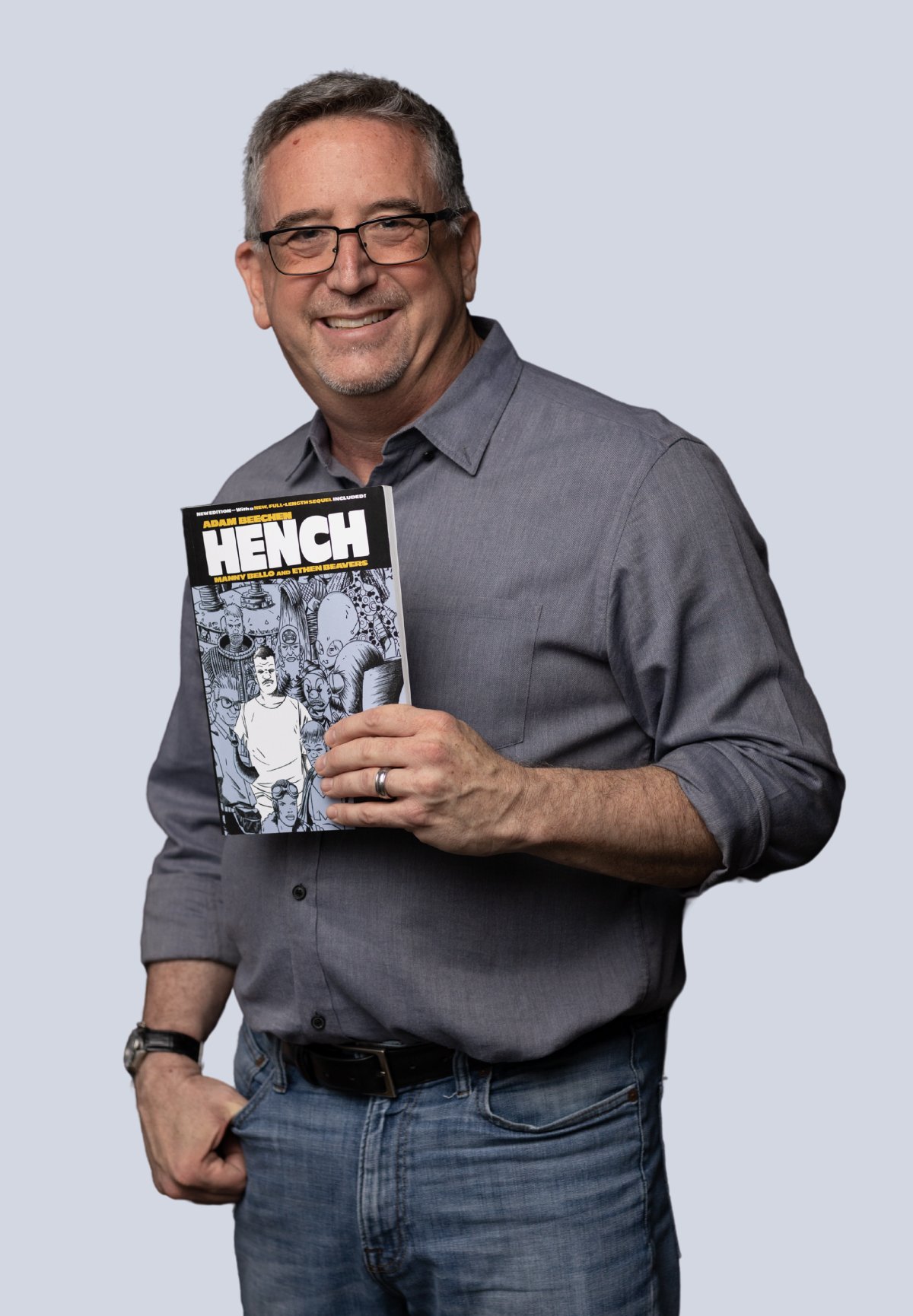
Meet your guide for the journey ahead! Walk through the course roadmap, get a breakdown of upcoming assignments, and get to know each other’s creative interests.
- Introduce instructor
- Course overview, outcomes, & assignments
- Share your interests
What makes writing comics different from novels and screenplays? Delve into this hybrid art form and examine how writers shape stories for both readers and artists.
- Case study: “Marvel method” vs “full script,” and why the latter is much more the norm today
- Comic writing vs other mediums
- Writer’s POV: What’s on the page?
- Comic book creation team
Where do great ideas come from? Dig into how to generate original ideas, shape standout characters, and translate concepts into tight, punchy loglines.
- Where to find ideas
- Ideating the basics
- Dealing with writer’s block
- Logline: The “elevator pitch”
Assignment #1: Pitch a two-sentence logline about a potential story you want to write.
What kind of story are you telling? This class explores comic genres, tonal vibes, and formats from graphic novels to webtoons, plus how to build rich worlds that resonate with readers.
- Genre in comic books
- Comic books vs graphic novels vs webtoons
- Impact of tone on comics
- Workshop: In groups, consider a genre and come up with the elements that characterize each one.
Assignment #2: Create an outline for your 20-page story.
Discover how to craft arcs that build tension, beats that stick, and endings that land with impact. Plus, dissect classic templates like the Hero’s Journey.
- Act structure, arcs, & act breaks
- Beginning, middle, end
- Cliffhangers & effective endings
- The hero’s journey
- Case study: Silver Age Marvel structure: Verse (action), chorus (character), verse (action).
- Outlining, recapping & keeping track of characters
Characters are the heart of every great story. In this class, you’ll get into the minds of protagonists, antagonists, and supporting characters—digging into their wants, flaws, fears, and relationships.
- Research: Representing real people
- Supporting casts
- Building realistic characters
- Case study: Analyzing an effective comic cast/hero
Assignment #3: Write the first half of your script.
Time to bring your character to life! Present your character briefs for feedback, practice professional critique, and sharpen your instincts for creating emotional, dynamic leads.
- Giving and taking notes
Writing for artists means thinking visually. Learn how to pace your pages, give clear directions, and collaborate with artists to bring the story to life without crowding the canvas.
- Collaborating
- The writer-artist relationship
- Show, don’t tell
- Case study: Page construction – How many panels should be on a page?
- Script text example
Explore how to write dialogue that reveals character, fuels conflict, and dances with the visuals. Plus, a guest comic writer will share real-world tips.
- Writing believable dialogue
- Expressing character personality
- Expressing emotion
- Balancing long dialogue scenes
- Narration & narrators
In this workshop, you’ll craft scene dialogue based on prompts, analyze character voice through dialogue alone, and refine your work using peer critique and discussion.
Assignment #4: Write the second half of your script.
Ready to sell your story? Learn what goes into a pro-level comic pitch—then hear firsthand how the pros do it.
- Pitching a story idea
- Due diligence: IP considerations
- Guest speaker: Pitching a story/series
Learn how to grow your audience, present yourself professionally, and foster a community that supports your work.
- Presentation skills
- Social media & the internet
- Creating a community
Now to polish it off. Learn to edit your comic script for clarity, pacing, and continuity, and understand how to incorporate feedback and collaborate with editors effectively.
- Text as a visual
- Facing harsh choices
- From first draft to last
- Pacing
- Continuity
- Third-party editors
Where to from here? Dive into current industry trends, build a strong portfolio, navigate the publishing process, and explore potential career paths within the comic book industry.
- Building your portfolio
- Submitting material
- Finding an artist
- Following up
- Maintaining contact with editors
- Networking
Assignment #5: Revise your script per the instructor’s notes.
What our students say
This class has really allowed me to step out of my comfort zone and learn more about screenwriting for animated films by having me rewatch films I have seen and films I haven't watch before for research (in fact, my experiences in the class had given me the courage to view 'Anastasia', an animated film that I wanted to watch but never got to see it.)"
A special thanks to our amazing instructor, Duc Haba, whose expertise and guidance made all the difference. Your passion for AI and real-world insights truly elevated the experience—thank you!
Looking forward to applying these skills to the exciting challenges ahead, especially in building smarter, more impactful solutions at Bimefy and beyond."
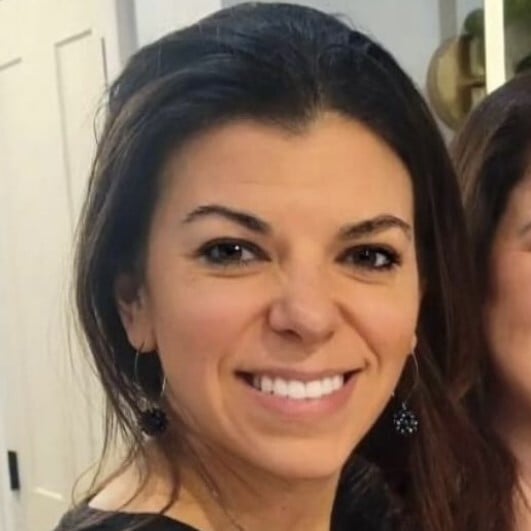







 TRUSTED BY
TRUSTED BY

